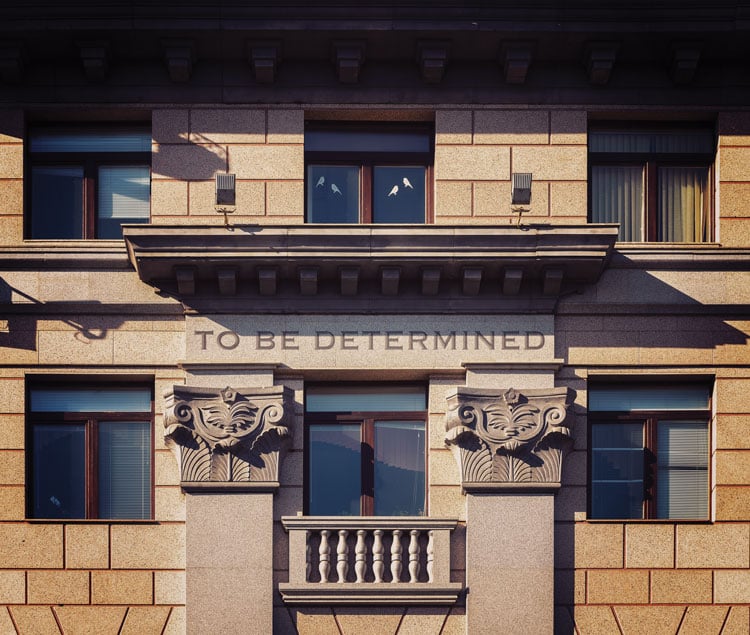Founder’s role in massacres leads to reckoning for Hastings law school

Photo illustration by Sara Wadford/ABAJournal/Shutterstock.
Corrected: The chancellor and dean of the University of California's Hastings College of the Law in San Francisco is grappling with calls for a school name change after revelations that its namesake, Serranus Clinton Hastings, helped organize the massacres of hundreds of Native Americans.
Dean David Faigman told the New York Times that any decision on a name change rests with California lawmakers and the governor.
No option, including a name change, is off limits, according to the school’s chief communications officer, Sybil Wyatt.
But there are downsides to jettisoning the name, according to a committee investigating the massacres. It could lead to fewer applications “and perhaps a loss of philanthropic and alumni support.”
Faigman questioned the benefit of a new name in a Sacramento Bee op-ed he co-authored in July with James Russ, the president of the Round Valley Indian Tribes.
“Changing the name of the school would be of little benefit to the living descendants of Serranus Hastings’ crimes,” the op-ed said. “These atrocities should not be erased—instead, it should be a societal goal to never forgetting this sordid chapter of American history and the challenges that Native Americans continue to face.”
Hastings donated $100,000 to start the law school in 1878, the ABA Journal reported in February 2018. Hastings was a politician, lawyer, landowner and California’s first chief justice.
Hastings helped organize a group known as the Eel River Rangers that killed hundreds of Native Americans living near land that Hastings claimed for himself, according to research by Benjamin Madley, a history professor at the University of California at Los Angeles. Other killings were carried out by a Hastings employee who watched over his cattle and horse ranches.
According to Wyatt, the school spokesperson, UC Hastings did not hide from its history. The founder’s legacy was little known until Faigman commissioned a historian to study it and created a Legacy Review Committee to recommend actions the school could take to provide restorative justice, she said.
The law school announced several measures last year in response to the disclosures, the New York Times reported. The school would set up a memorial in the main lobby of its San Francisco administrative building; offer pro bono legal services to Native Americans in Round Valley, where the massacres happened; maintain an indigenous law program; and help establish a charitable foundation.
The law school also reached out to the Tribal Council of the RVIT, a conglomeration of the descendants of several tribes, according to the op-ed. Among them are descendants of the Yuki Indians who were primarily targeted by Hastings. In ongoing discussions, both sides recognized that “a proactive and respectful partnership” was the best form of redress.
“UC Hastings and RVIT are discussing ways that we can partner going forward, including by organizing pro bono legal support and assist tribal leadership with economic development, efforts to meet the social needs of the community and federal, state and county matters, including water and property rights,” the op-ed says.
Story updated on Oct. 29. The initial version of the story relied in New York Times coverage in reporting that Faigman had “campaigned to keep the school’s name.” The school says there is no “campaign.” Rather there is an “ongoing process” in which no option, including a name change, is off limits.



